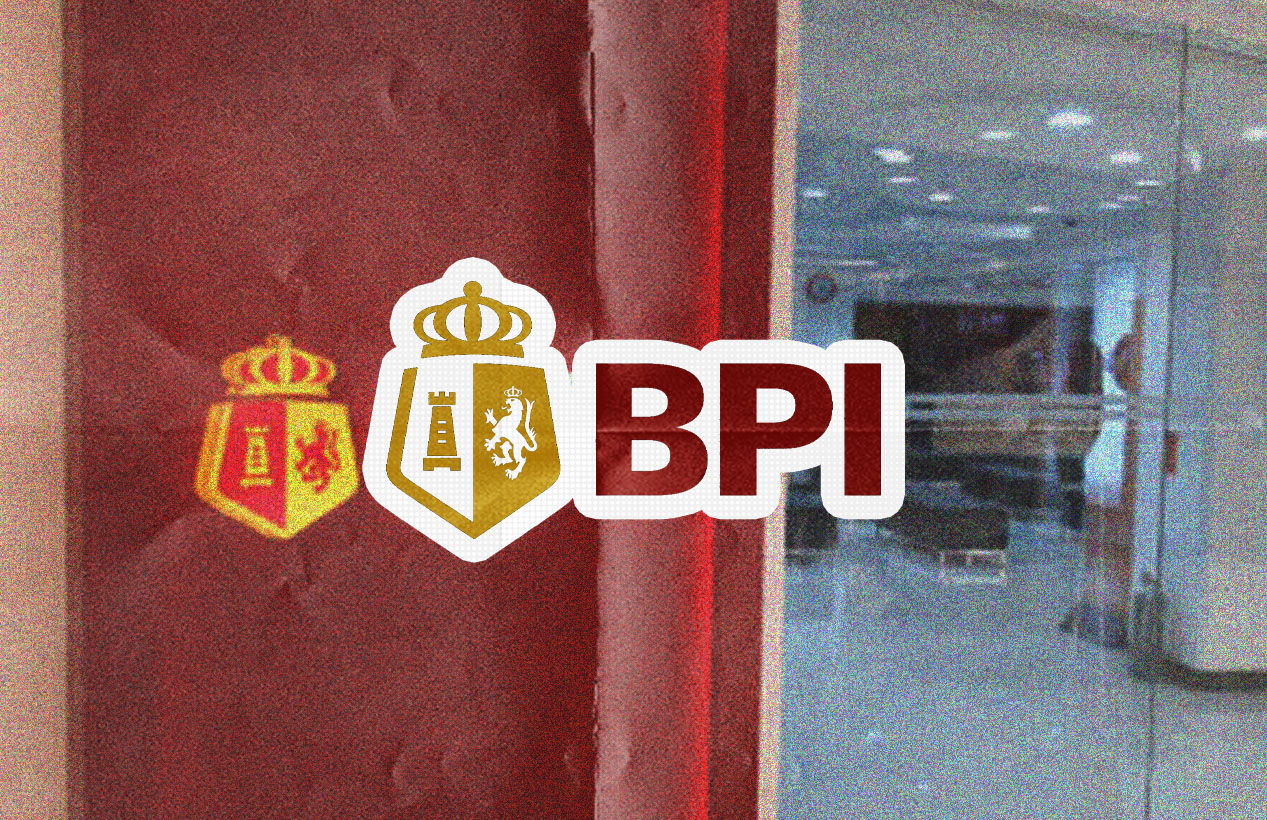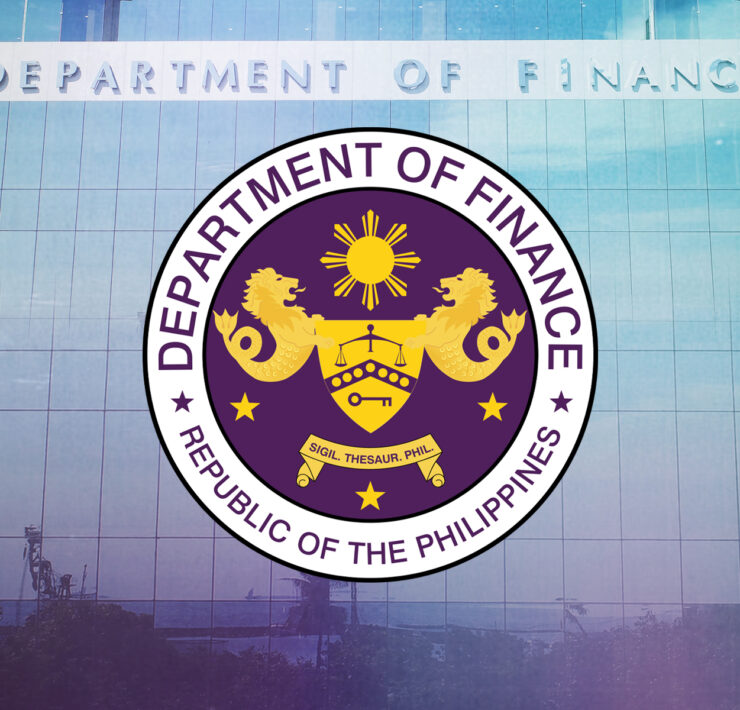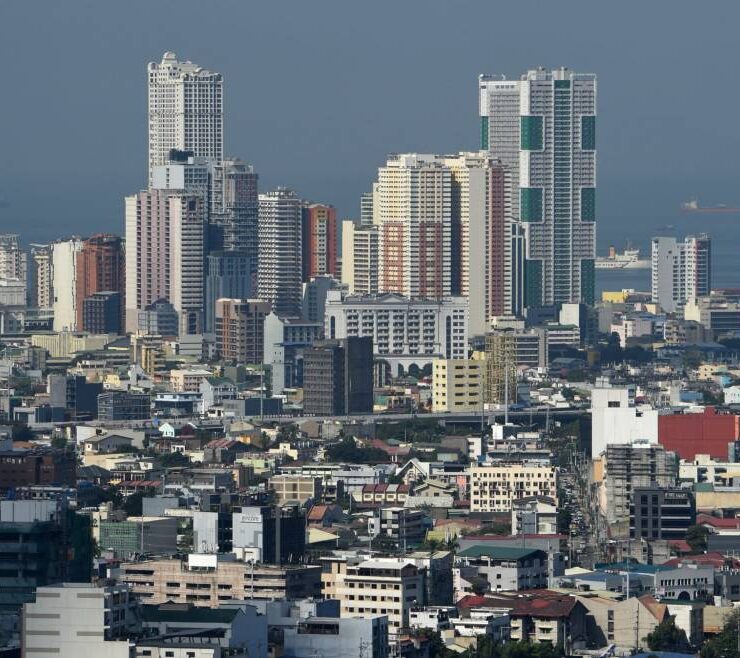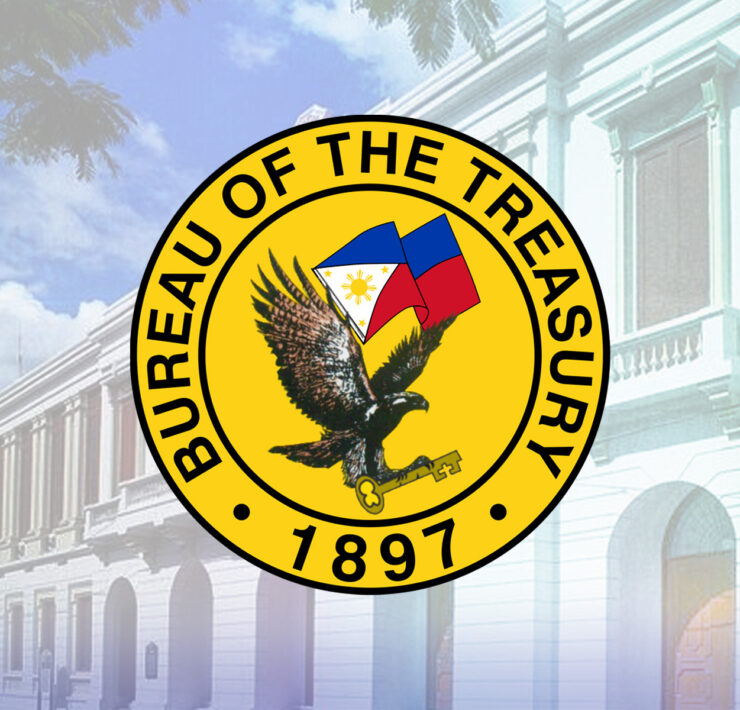BPI upsizes ‘green’ bond issue to P40B

Bank of the Philippine Islands (BPI) was able to borrow P40 billion via its sustainability-linked bond issuance, making it the largest peso debt sale in the Ayala-led bank’s history.
The record proceeds were bigger than BPI’s original plan to raise at least P5 billion from the offering of Supporting Inclusion, Nature and Growth (Sinag) bonds.
The country’s third-largest bank in terms of total assets priced the Sinag bonds at 5.85 percent per annum. The debt securities will mature in 1.5 years, with investors scheduled to be paid quarterly.
The proceeds will be exclusively allocated to finance or refinance eligible green and social projects, such as renewable energy power plants as well as clean water and sanitation. Unused proceeds cannot be spent on other purposes.
The bonds were sold at a minimum investment amount of P500,000 and in increments of P100,000. Dino Gasmen, company treasurer and head of global markets, said the offering was met with strong demand.
“We saw that the demand from our clients and customers was really huge. I think it’s partly because of the awareness that it’s a sustainability bond,” Gasmen told reporters on the sidelines of the listing ceremony for the Sinag bonds.
“We could have issued at least P20 billion more. But we also had to weigh it against what we can promise to you. Because we don’t want to borrow for sustainability purposes then we can’t deploy,” he added.
The sustainability-themed debt notes represent the first tranche of BPI’s P200-billion borrowing program approved in October 2024.
Moving forward, Gasmen said BPI may refinance some borrowings that would mature soon, including the P33.7 billion sustainability-linked bonds that the company offered in August 2024. The thematic debt notes will reach full term in February next year.
The tenor of the upcoming bond sales would be determined by market conditions and the ongoing easing cycle of the Bangko Sentral ng Pilipinas (BSP), he added.
“Let’s look at what the opportunities in the market are because I think one of the reasons why we’re keeping it (tenor) short is there’s a lot of uncertainty in the market,” Gasmen said.
“The other factor is the current monetary policy cycle of the BSP. Because right now, they (rates) are going down. We might go longer. Because the clients might want a better yield, which means we may have to make the issuance longer to achieve that yield,” he added.




















